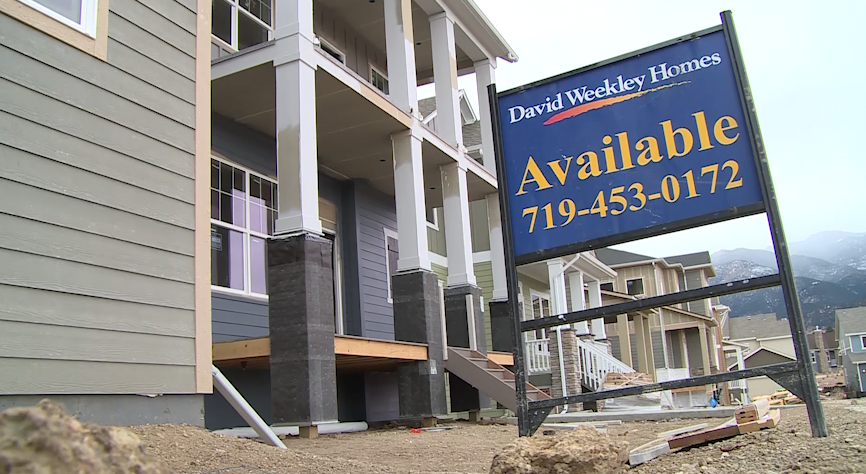Strong city budget in Colorado Springs could help provide more wildfire prevention resources
COLORADO SPRINGS, Colo. (KRDO) -- Last fall's Bear Creek Fire proved the importance of wildfire prevention and mitigation, and now voters can help provide more resources for that purpose.

Firefighters said that prior wildfire mitigation -- clearing out and removing excess fuels near residential areas -- reduced the risk of damage in that fire.
At Monday's City Council work session, Mayor John Suthers and Fire Chief Randy Royal sought for a question to be placed on the November ballot, asking voters to allow the city to retain an expected $20 million in excess revenue for 2021.

The money would be used for local and regional wildfire prevention and mitigation.
"I think that based on how much actually comes in, we could do two or three times the work we're doing now," Royal said.
Under the TABOR Amendment (Taxpayer Bill of Rights), the city must ask voters for permission to keep excess revenue or refund it to voters.

The $20 million is available because the city's budget is benefitting from large increases in tax revenue, a trend that's expected to continue in 2022.
"I think my constituents will support this," said Councilman Dave Donelson. "The fire risk isn't just on the West Side. It's in areas all over town."

The council unanimously agreed to vote on the ballot question in two weeks.
"I think with the excess revenue, we can get even more funding in terms of matching state and national grants we can qualify for," Suthers said. "And it would really help if we can get other counties, and other communities to join us. But so far, El Paso County isn't interested. That's disappointing."

Charae McDaniel, the city's chief financial officer, said that the largest increase is reflected by an 85% occupancy rate in hotels and motels which took a big hit last year.
"That puts us near where we were (before the pandemic) in 2019," she said. "And that's higher than Denver and the entire state. That's impressive."

McDaniel also said that an increase in construction permits, as well as more tax revenue from online shopping and construction materials, were factors in the booming budget.
However, the situation isn't necessarily good for the area's housing market; new listings rose less than 1% over last year, the average cost of a single-family home jumped more than 25%, and the average cost of a condominium or townhome increased nearly 28%.

As of June, a single-family home costs nearly $503,000 on average, and a condo or townhome costs an average of almost $332,000.
